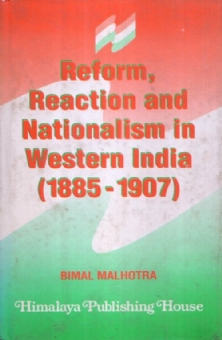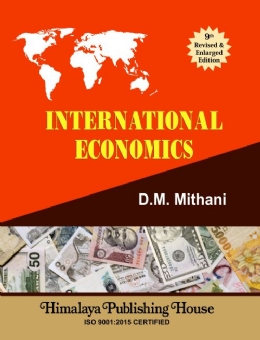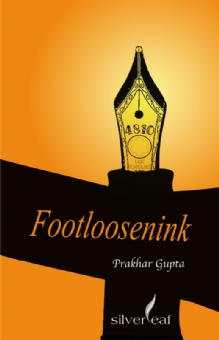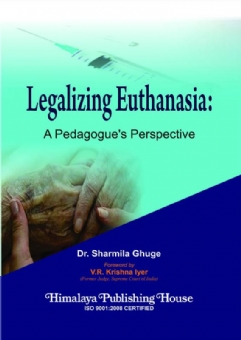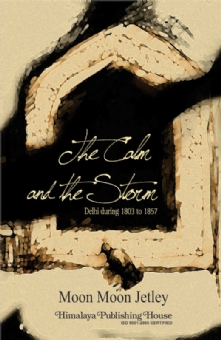The period from 1885-१907 was the formative period of the Indian National Movement. During this period Western India played a very significant role in the political, social and economic regeneration of the Indian society. In the political sphere the leaders of Western India led the country in laying the foundation of the Indian National Congress. In order to fight against the social evils, National Social Conference was founded by M.G. Ranade, Leaders like Dadabhai Naoroji, G.V. Joshi and G.K. Gokhale laid bare the economic exploitation of India by the British, that led to the rise of economic nationalism.
The response of different communities of Western India to the British rule and to the Nationalist movement was varied. The response of the Muslims in particular under Badruddin Tyabji differed from that of the Muslims of the North India led by Sir Syed Ahmed Khan emphasized their separate identity.
The ideologies of the leaders such as M.G. Ranade, Dadabhai Naoroji, Pherozeshah Mehta and Gokhale who were very much influenced by Western liberalism conflict between the two groups in Western India came to be identified with the ideological differences among the Moderates and Extremists at the national level.
This book provides a fascinating account of how the course of nationalist movement was shaped and guided by the leaders of Western India, during the first two crucial decades of Indian Nationalist struggle.
Contents –
1. Response to the British Role
2. Muslims of Western India and Indian Nationalism
3. Rise of Economic Nationalism in Western India
4. A Problems of Priority – Social Reform vs Political Reform
5. National Social Conference
6. Age of Consent Bill Controversy
7. Religion in Politics – I
8. Religion in Politics – II
9. The Great Divide
Conclusion
Bibliography
Index

